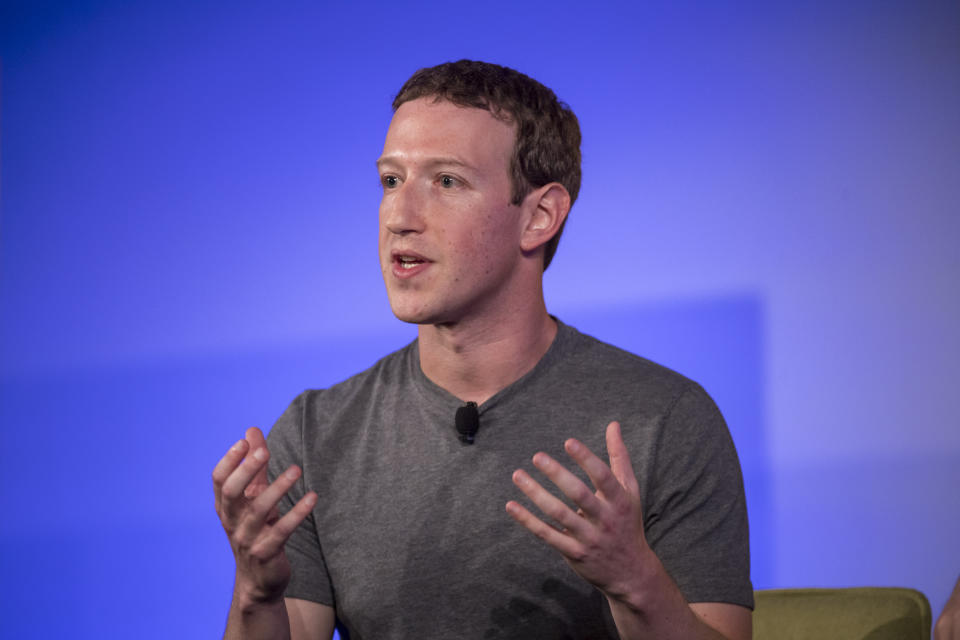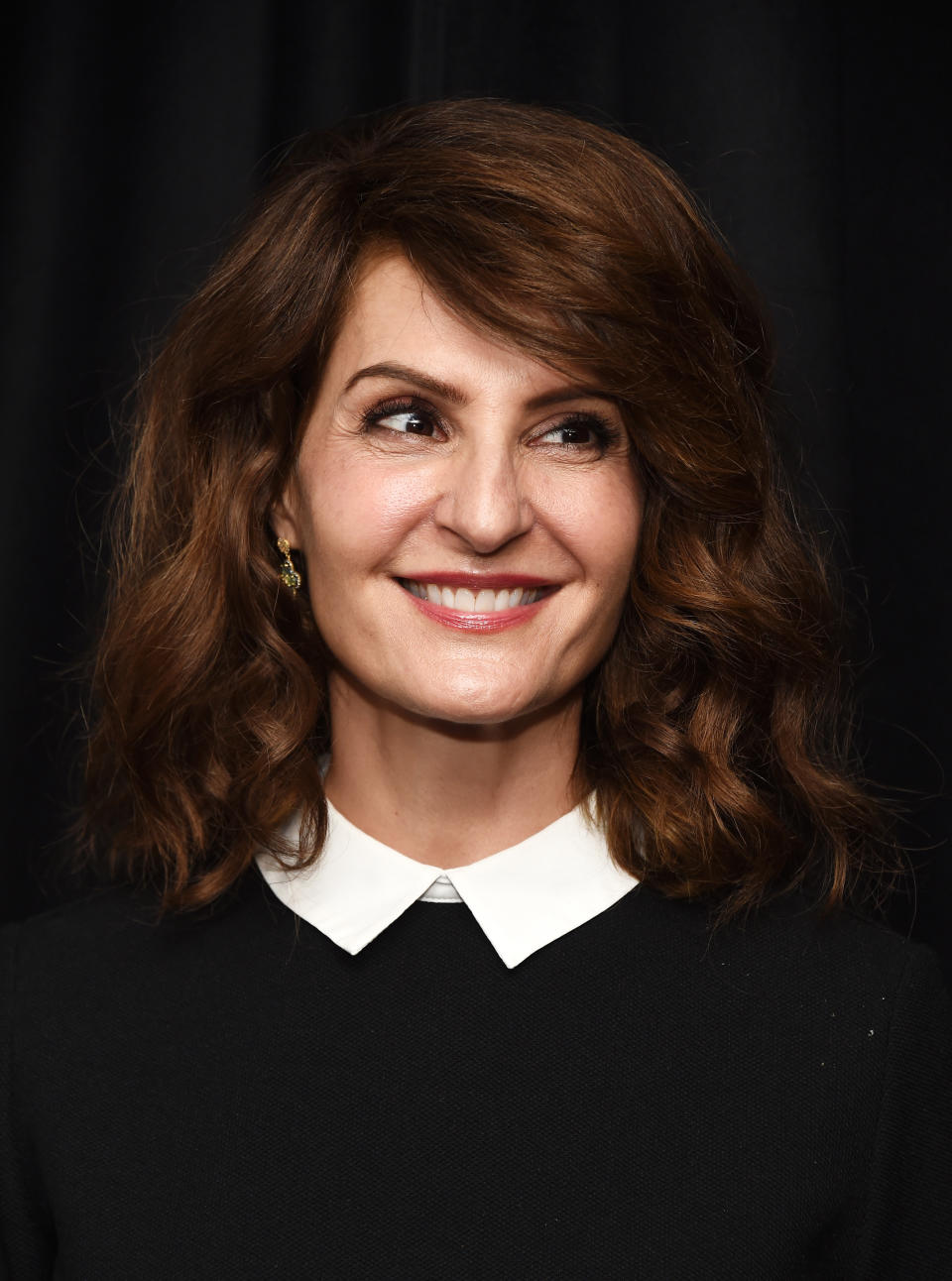Flame Retardants Linked To Lower Fertility Rates In Women
New research examining the link between common flame retardant chemicals and fertility rates finds that women with higher levels of the chemicals in their bodies have lower chances of fertilization, pregnancy and live birth compared with women who have low levels of the chemicals in their bodies.
If this finding is confirmed in a larger number of study participants, couples struggling to get pregnant may want to take a second look at their furniture and carpet, experts say, as some of these items tend to have flame retardant components. However, because this is the first study of its kind to find a link between organophosphate flame retardants and fertility outcomes, couples struggling to get pregnant should not worry about getting a new couch or mattress pad to aid conception just yet.
Researchers at the Harvard T.H. Chan School of Public Health recruited 211 women undergoing in vitro fertilization treatments to participate in the study. For each IVF cycle they went through, the women contributed one or two urine samples, and the scientists, led by environmental epidemiologist Courtney Carignan (now of Michigan State University), analyzed the urine for the byproducts of five flame retardant chemicals to estimate how much flame retardant they were exposed to in their everyday life.
The scientists then compared the levels of chemical byproducts to the women’s outcomes during IVF and found that the women with the highest levels of three of the chemicals showed a 10 percent decrease in the rate of fertilization, a 31 percent decreased rate of embryo implantation, a 41 percent decreased rate of a clinical pregnancy (when a heartbeat is detected via sonogram) and a 38 percent decreased rate of live birth compared with the women who had the lowest amounts of byproduct in their urine.
Carignan chose to examine women undergoing the IVF process because it was the best way to observe every step of conception and early pregnancy, as opposed to women who conceive naturally and may not know they are pregnant until they are six to eight weeks along. Because of this, Carignan writes in the study, the results are at least generalizable to the population of women seeking treatment at an infertility clinic, and perhaps among all women in general, presuming that their bodies would have the same biological response to these chemicals as the women in the study.
Animal studies suggest that these flame retardant chemicals disrupt the thyroid and sex hormones in animals, as well as harm embryo development. If people want to limit their exposure to these chemicals and they’re due to replace a couch, Carignan suggested looking for furniture that doesn’t have flame retardant chemicals, such as furniture with barrier technology or a naturally flame retardant fabric, like leather or wool, that meets flammability standards. She added that while mattresses do not typically contain flame retardants, polyurethane foam mattress pads can.

Other options are carpet-free floors or carpet with padding that isn’t made from foam treated with these chemicals. Still, she said she understands these are big purchases that people make only a few times in their life, and many people don’t have much choice about the furniture they have. In that case, they should wash their hands often, especially before meals, as Carignan’s past research has found that people who do this have lower levels of these chemicals in their body.
“There are a lot of contributors to infertility,” Carignan said. “This is just one factor, and people need to be careful not to beat themselves up over these types of exposures.”
Still, Carignan takes her research to heart. She waited nine years to upgrade from a futon to a couch because she was waiting for a policy change that allowed furniture without chemical flame retardants to hit the market. She also recently purchased a home, and one of her major concerns was that it be carpet-free, since padding under carpets is often made with recycled foam that is treated with flame retardant chemicals.
“I do what I can with the time and the resources that I have, but there are so many things I certainly can’t avoid,” she said. “That’s why we have chemical policies — so people don’t have to have a Ph.D. in environmental health to be a conscientious consumer.”
The organophosphate flame retardants, or PFRs, that Carignan studied have replaced more toxic and long-lasting flame retardants like polybrominated diphenyl ethers, or PBDEs, that were phased out in 2004 over concerns about their effects on hormones and neurodevelopment in children.
The good thing about PFRs, Carignan said, is that they clear out of your body in a matter of days, versus years for the older class of flame retardants. However, her research suggests that PFRs may also disrupt the body’s hormone systems and interfere with fertility, and she called for more research on PFR’s effects on male fertility and in children.
Dr. Brian Levine, a practice director at CCRM, a nationwide network of fertility clinics, was not involved in the study, but he said its findings were concerning. Still, he would need more corroboration from other kinds of research before he could start mentioning flame retardants to his patients and advising them to avoid them.
As a reproductive endocrinologist, he already counsels infertile patients under his care to avoid processed foods, eat organic fruits and vegetables, exercise moderately and shun alcohol and illicit drugs while they’re undergoing IVF — all reasonable lifestyle changes that may help move the needle, even a tiny bit, in an infertile couple’s favor.
His clinic also takes pains to make sure that embryos in storage are exposed to the least amount of potentially harmful chemicals. No patient or staffer is allowed to wear cologne, perfume or other scented personal products, as they contain chemicals that could disrupt embryo health. Clients are advised to skip nail salons and exposure to paint and paint thinner, and cleaning crews don’t use bleach or any agent with volatile organic compounds, which can also be harmful to embryos. The clinic walls are also painted with low-VOC paint.
Because of the precautions Levine already employs at his clinic, he takes Carignan’s research seriously. But a single study’s results would not be enough for Levine to add flame retardants to the long list of chemicals his patients should try to avoid. Levine wants to know how Carignan’s participants were exposed to these chemicals. It could be, for instance, that the women with the highest levels spend the most time in their cars — and sedentary lifestyles tend to have a negative effect on fertility health. Hypothetical correlations like this need to be worked out before he can tell his patients to start shopping for new furniture.
“You have to always wonder about a very small subset,” said Levine. “There’s only 211 patients, and asking people to remove all the carpet in their house is quite an expensive endeavor.”
Carignan’s research was published in the Environmental Health Perspectives journal.
CORRECTION: A previous version of this story suggested that beds are among the furniture items that contain flame retardants. While mattresses typically do not, foam mattress pads sometimes do.
Also on HuffPost
Angela Bassett
!["I was devastated when it didn’t happen [again and again]. I had to remain hopeful and resilient and [say], "OK. Let’s do it again.'" (<a href="http://celebritybabies.people.com/2007/02/14/angela_bassett_/" target="_blank">via People</a>)](https://s.yimg.com/ny/api/res/1.2/Ft0s0dZqz2sZK12gPhykCQ--/YXBwaWQ9aGlnaGxhbmRlcjt3PTk2MA--/https://img.huffingtonpost.com/asset/58fe4a531400002000a9b89f.jpeg)
Brooke Shields
![“After a while, when you’re not successful, you start to associate the word 'failure' [with] every time you pee on a stick and it doesn’t come out the right color. What starts out as a dream becomes a project that’s all consuming — everywhere you look, women are pregnant, and every song on the radio seems like it’s all about being pregnant! It becomes a very frustrating, frightening place." (<a href="http://www.nymetroparents.com/rockland/article/Brooke-Shields-gets-personal--I-thought-it-would-be-so-easy-to-become-a-mom--" target="_blank">via NYMetroParents</a>)](https://s.yimg.com/ny/api/res/1.2/0ICyDn5KZNrd7hh4qD1Gjw--/YXBwaWQ9aGlnaGxhbmRlcjt3PTk2MA--/https://img.huffingtonpost.com/asset/58fe45ec1c00003a00e81664.jpeg)
Chrissy Teigen
!["I can’t imagine being that nosy, like, 'When are the kids coming?’ because who knows what somebody's going through? Who knows if somebody’s struggling? I would say, honestly, [that] John and I were having trouble. We would have had kids five, six years ago if it had happened, but my gosh, it’s been a process." (<a href="http://www.usmagazine.com/celebrity-news/news/chrissy-teigen-opens-up-about-fertility-troubles-with-john-legend-2015179" target="_blank">via FABLife</a>)](https://s.yimg.com/ny/api/res/1.2/rG_KL59QUCvZgiiIvdqOew--/YXBwaWQ9aGlnaGxhbmRlcjt3PTk2MA--/https://img.huffingtonpost.com/asset/58fe455e1400001f00a9b86f.jpeg)
Mark Zuckerberg

Jaime King

Martie Maguire

Beyoncé

Hugh Jackman
!["To be clear, [my wife] Deb and I always wanted to adopt. So that was always in our plan. We didn't know where in the process that would happen but biologically obviously we tried and it was not happening for us and it is a difficult time. We did IVF and Deb had a couple of miscarriages. I'll never forget it, the miscarriage thing. It happens to one in three pregnancies, but it's very, very rarely talked about." (<a href="http://www.today.com/news/hugh-jackman-opens-about-wifes-miscarriages-fertility-treatment-woes-1C7659840" target="_blank">via Today</a>)](https://s.yimg.com/ny/api/res/1.2/CgSU.0nebDCsXnSdPC5ayw--/YXBwaWQ9aGlnaGxhbmRlcjt3PTk2MA--/https://img.huffingtonpost.com/asset/58fe41e51400002000a9b823.jpeg)
Elizabeth Banks

Giuliana Rancic

Nia Vardalos

Nicole Kidman

Jimmy Fallon

Love HuffPost? Become a founding member of HuffPost Plus today.
This article originally appeared on HuffPost.
